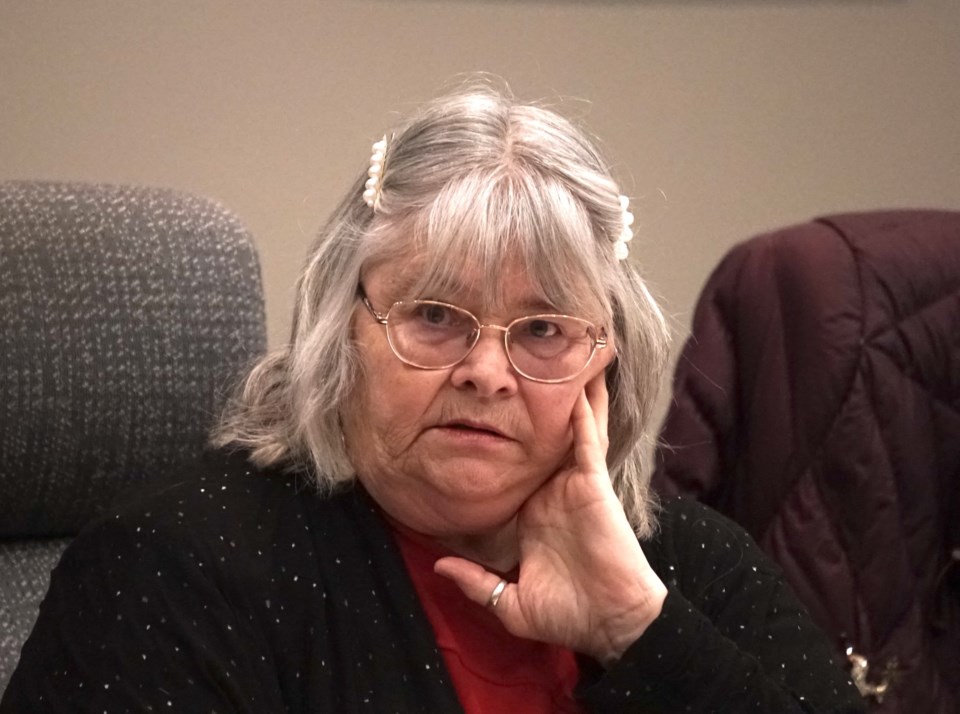ATHABASCA — Town of Athabasca officials have flagged a councillor-suggested development incentive for the next group of elected community members to gather around the table in late 2025.
During their Jan. 7 regular meeting, councillors voted unanimously to defer discussions on creating a tax rate for vacant or undeveloped residential lots around town to the 2025 council retreat, which those around the table may or may not be present for.
“We’re also considering a residential incentive to try to drive growth and some new housing,” said Mayor Rob Balay. “One of the things to maybe consider is seeing where that incentive plans take us as to whether or not we need to do this this year.”
Earlier in the same meeting, councillors voted 7-0 to pass first reading of the a new tax incentive bylaw which would combine the previously passed three-year non-residential tax exemption with the proposed tax reliefs for new housing builds. Second and potentially third reading will follow in the coming months.
Under the draft bylaw, new residential developments assessed at $200,000 or greater can apply for a three-year tax exemption, which will see 100 per cent of property taxes alleviated for the first year after construction completion.
In year two, owners will see 75 per cent of their taxes knocked off, and will pay half in year three, with a return to full tax rates four years after completion
In April 2023, councillors voted to approve a similar three-year reduced rate for commercial builds, which grants eligible projects exemptions based on assessment value, with developments over $1 million completely exempt from property fees for the first year.
While councillors and admin staff had been anxiously waiting for the opportunity to create an incentive for housing development, they had to wait until the provincial government’s Bill 20 was in place, which grants communities the ability to institute carrots for residential builds.
CAO Rachel Ramey suggested councillors put the vacant land tax rate, put forward by Coun. Sara Graling, on the radar for the next council, who will start their term following the Oct. 2025 municipal elections.
Graling’s request for decision, first considered during the Nov. 19 meeting, suggests calculating a vacant land tax rate as a multiplier on top of the general municipal residential rate for lots left untouched for five or more years.
The cities of St. Albert, Cold Lake, and Stony Plain have implemented vacant land tax rates within recent years.
Concerns about fairness to developers with multiple vacant lots in new neighbourhoods, as well as how the rate would apply to town-owned land were voiced from around the table, but consensus on a need to revisit the topic in the future was reached.
“I wouldn’t want to lose sight of it,” said Coun. Edie Yuill. “It’s important.”



